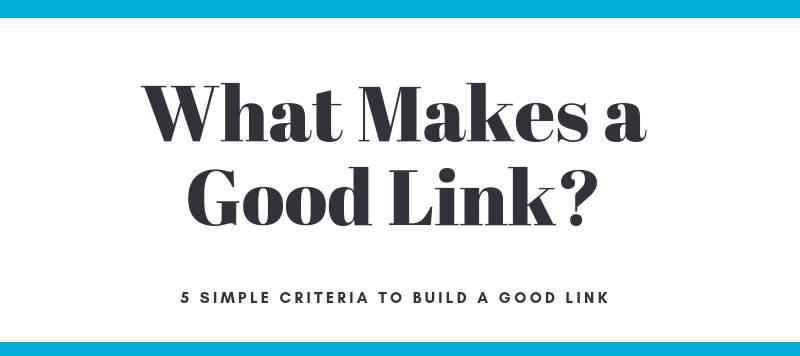
If you try to read up on SEO, you will immediately be hit with so much marketing jargon and acronyms that will make it seem like rocket science. For those who are just getting into learning about it, SEO can seem like a really confusing topic to navigate on their own. People often spend hundreds, sometimes thousands of books and courses only to not have a clue in the end.
What happens most of the time is they learn enough just to outsource their work to an SEO agency that can help their start-up get off the ground. However, if you don’t have that luxury, you need to know what you’re doing yourself.
Let’s talk about what Google wants and how to go about ranking pages, in an easy to understand way.
What Google Wants
If you look at SEO from Google’s perspective, then it becomes slightly easier. What Google wants is to return the most relevant result for any given query, that will make their users deem the result as a good one, and will make them want to continue using the search engine. All they are looking for is making sure that the websites that show up for a keyword, are what they want. This means that you and Google have a similar goal, to please the end-user.
There are a few ways to go about accomplishing this. But first, let’s talk about how Google works:
How Google Works
Google’s algorithm is fairly simple when you really think about it. Even though a whole bunch of different factors goes into it. It mostly comes down to some very simple core elements.
The Spiders Crawl the Web
What Google does is it sends out little bots, also called “spiders” to crawl the web. This means they crawl each website, and each page on that website to try and determine what that website is about. The way they do that is by following links that are on the webpages. The very same links that turn blue and allow you to click over to other pages or sites. This helps them discover a page or a site that they otherwise wouldn’t have found.
What they look for is specific keywords within the content of each page to determine if it is a fitting result to return for any particular query. They also look at the semantics of that page to determine the level of relevance and quality of the article, compared with a database of millions of other sites in that niche. This is why expert content that is more in-depth tends to rank higher.
When the bots crawl the content, they put priority into the keywords located in the Title tags, Heading tags, and Meta tags, and then crawl the content to make sure it is following the topic appropriately.
Once this is done it compares the content to all the other search results. All external factors being equal, Google will rank the website with better content higher. However, there is one factor that plays a huge roll in which content gets to move up or down on the first page.
And that is links.
Links Are Votes
Every time you see a hyperlink from one website to another, Google looks at that like a recommendation, or rather a vote. However, not all links are created equal. Imagine a shady looking character comes up to you and tells you “Bob is really good at SEO, you should hire him” and then proceeds to also offer you some illegal paraphernalia. You probably won’t take his word for it when it comes to Bob. However, if Bill Gates tells you that Bob is good at SEO, you’d probably hire bob immediately. Well, that is what Google does with links and rankings. If a website like Forbes links out to you, then it will mean that you come highly recommended due to its high authority. However, if a low authority gambling or adult sites link out to you, then it won’t mean much for your rankings.
The more relevant the content or the website where the links are coming from to your niche, the more it will do for your rankings. Here is a cool infographic from Frootful Marketing on what makes a good Link:

What Makes a Good Link
The Technical Stuff
The technical stuff of SEO is usually the easy stuff if you have a good content management system like WordPress. It will make it easy for you to set your Robot.txt settings, which tell the search bots that they’re allowed to crawl and index the page. Other things, like the optimization of headings and meta tags are also made easy with no programming knowledge required.
Good Content, Good Links, Good Rankings
In the end, SEO is a game of quality over quantity. Do your due diligence with keyword research and do your best to create the best content on any given subject, and build high-quality links to it. Do this consistently, and you will see results.





